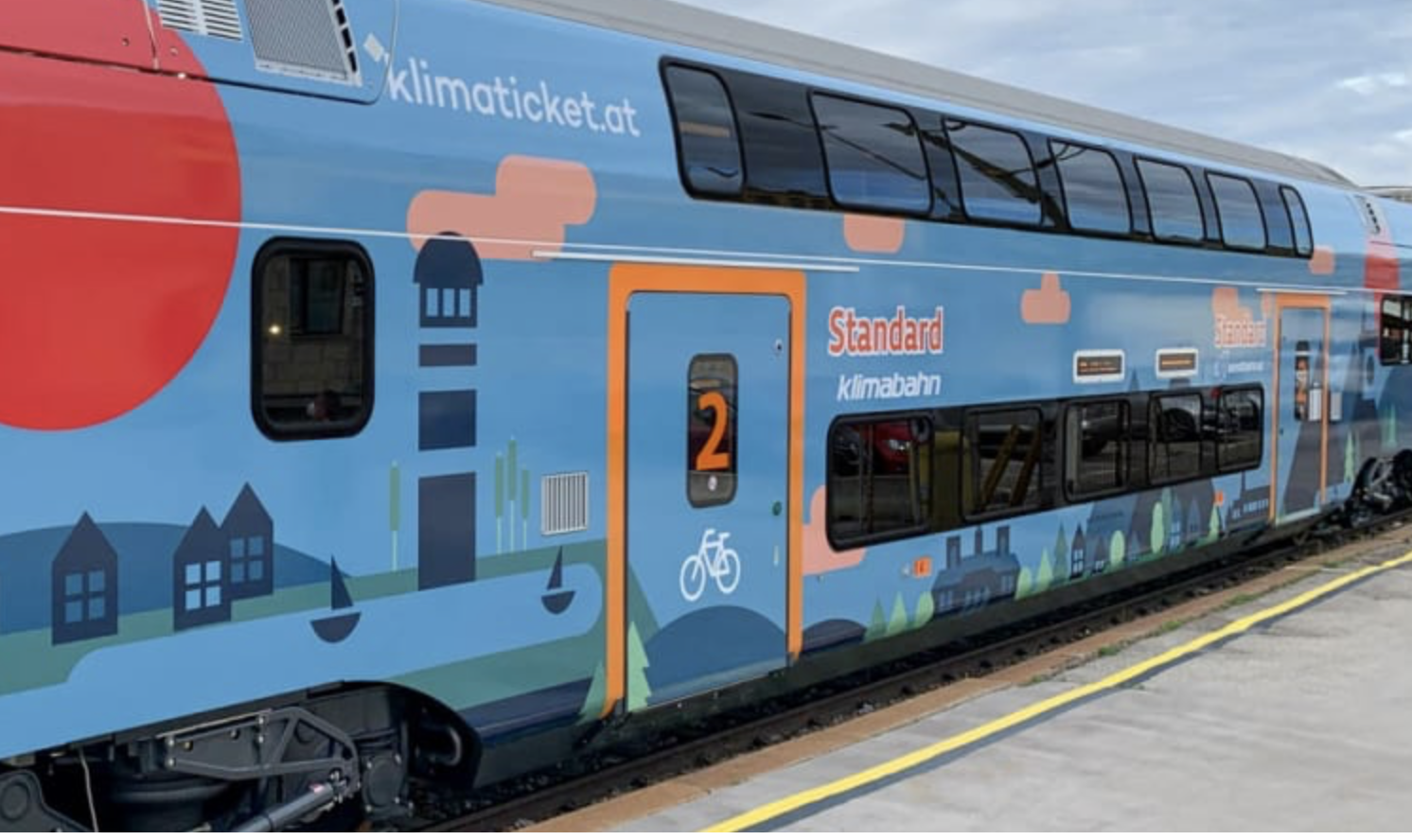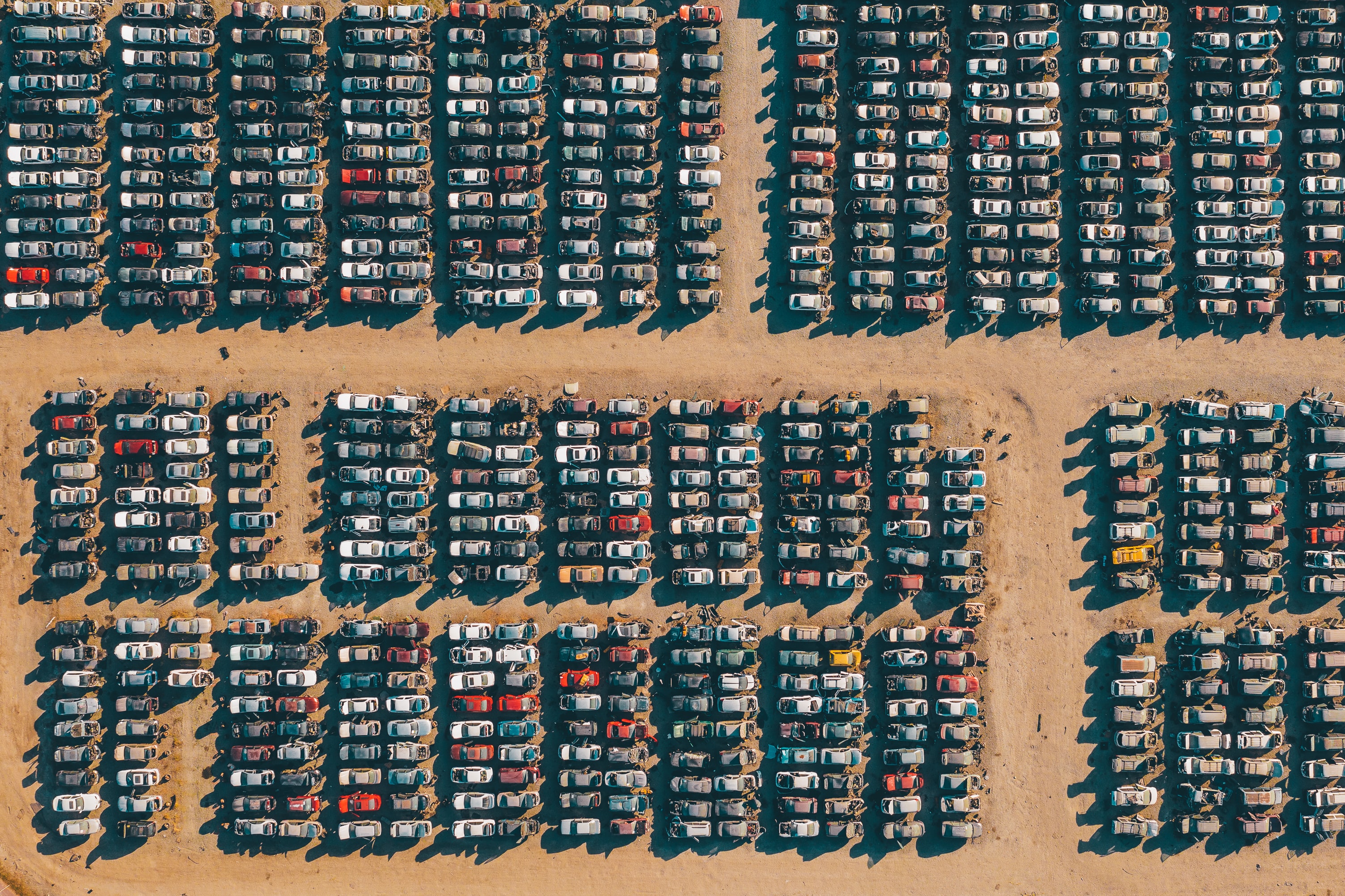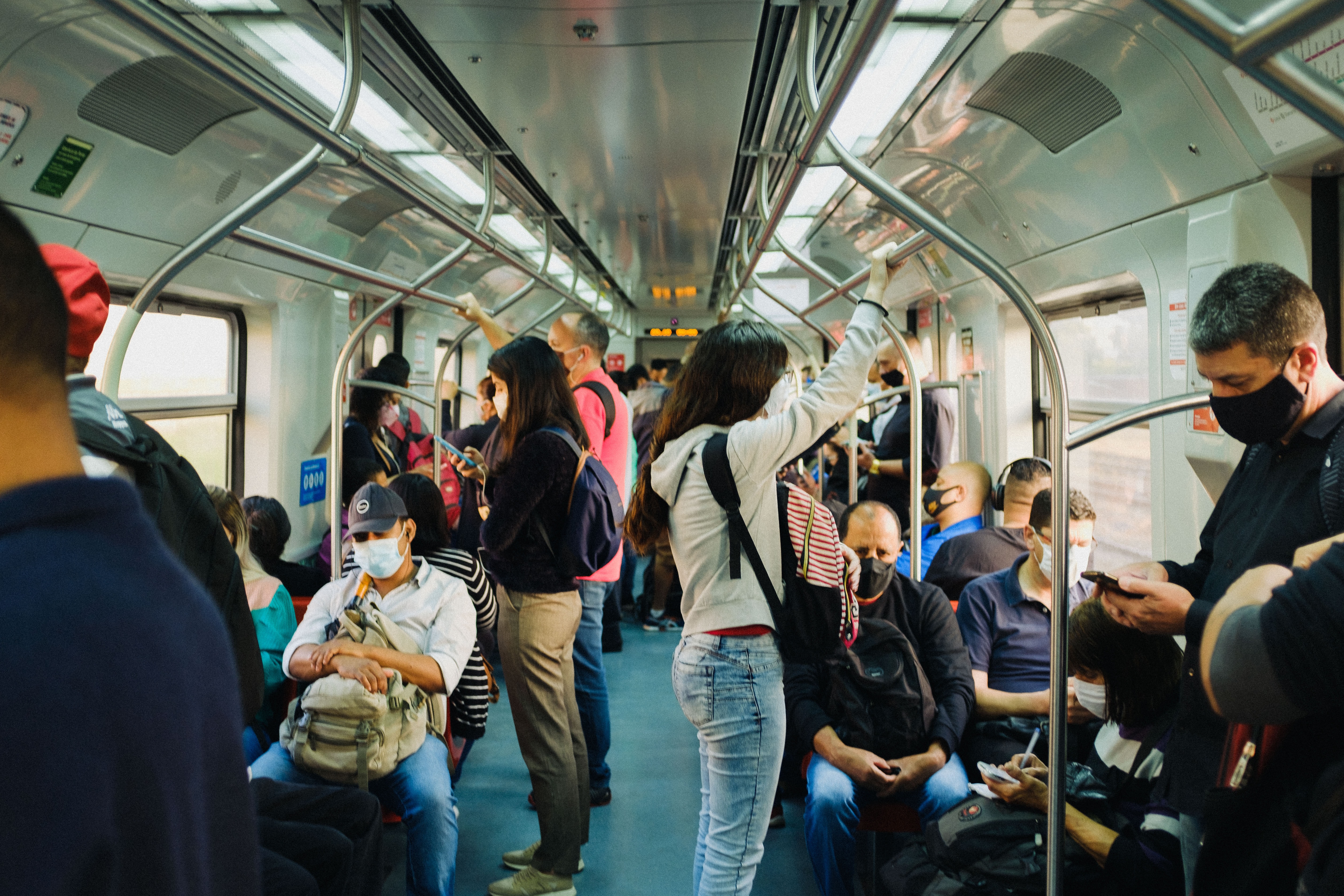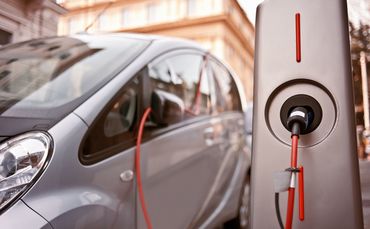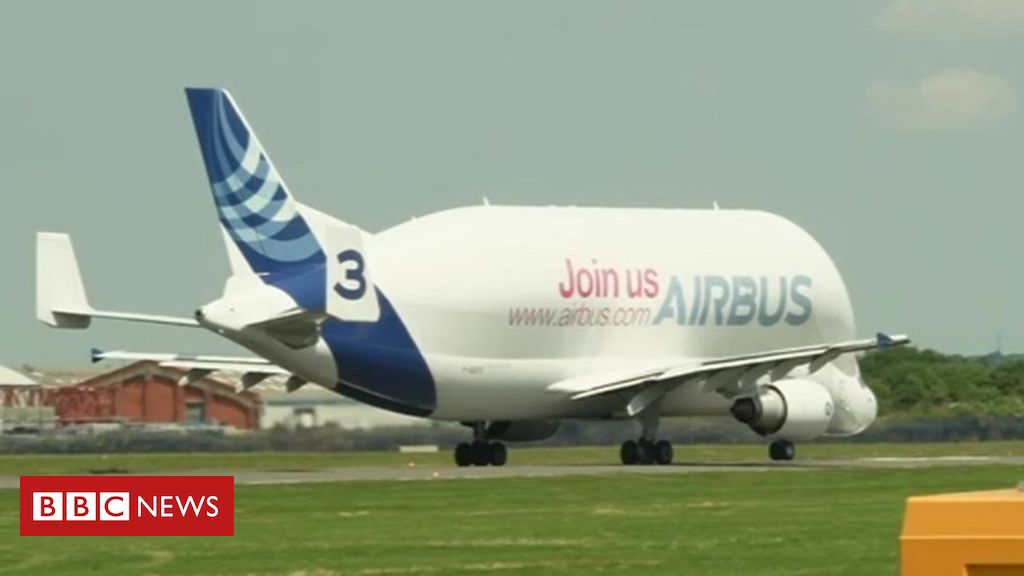Transportation and Mobility
Public - visible to all visitors to the platform.
Open to join - users can join this group without approval.
About this Discussion
Transport is a major component of economic activity. However, CO2 emissions from the sector are still growing in many countries. According to the IEA, transportation is responsible for 24% of direct CO2 emissions, mostly from cars and trucks, but aviation and shipping too.
While the COVID-19 pandemic has seen an abrupt decrease in global emissions as less people are traveling, it will most likely not reduce climate change if these reductions remain temporary. What will help lower emissions, however, is a transition to a greener economy, one in which necessitates greater fuel efficiency and the use of alternative fuel sources in the transport sector as part of wider domestic measures.
Greening the transport sector and mobility can reduce congestion, air pollution and improve well-being through better management and a shift away from fossil fuel combustion engines. It has the potential to create jobs through the development of public transport infrastructure and can help alleviate poverty by encouraging affordable transport and improving access to markets and other essential facilities.
Upcoming Events
Informative message
Transportation and Mobility
Created a Post in Green Recovery from COVID-19, Transportation and Mobility
Created a Post in Cities and Urban Development, Transportation and Mobility
Created a Post in Cities and Urban Development, Transportation and Mobility
Created a Post in Climate Change, Transportation and Mobility
Created a Post in Cities and Urban Development, Transportation and Mobility
Created a Post in Transportation and Mobility
Created an Opportunity in Transportation and Mobility
Sustainable Mobility Requires a New Policy Approach Today (Virtual Knowledge Exchange)
Created a Post in Transportation and Mobility
Created a Post in Climate Change, Tourism and Hospitality, Transportation and Mobility



